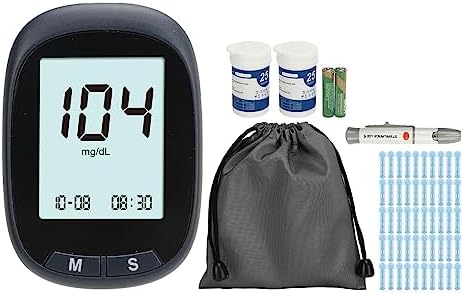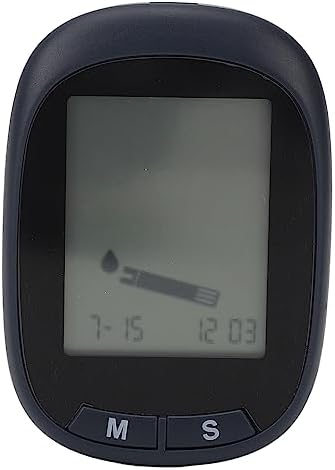[ad_1]
In recent years, the ketogenic diet has gained substantial popularity as an effective weight loss strategy. By drastically reducing carbohydrate intake and increasing fat consumption, this low-carb, high-fat diet puts the body into a metabolic state called ketosis. During ketosis, the body relies on ketones, a byproduct of fat breakdown, as its primary source of energy instead of glucose derived from carbohydrates.
While weight loss remains the most sought-after result of a ketogenic diet, there are several other unexpected health benefits associated with ketosis. To understand and explore these benefits, many individuals have turned to ketone testing.
Ketone testing involves measuring the levels of ketones in the body, which can be done either through urine, blood, or breath analysis. This allows individuals to determine if they have achieved the desired state of ketosis and monitor their progress along the way. Beyond weight loss, here are some of the unexpected health benefits that ketosis and ketone testing can offer:
1. Increased energy levels: Unlike the rapid fluctuations in energy levels associated with a high-carbohydrate diet, being in ketosis provides a consistent source of fuel. By relying on ketones, which are a more stable and long-lasting energy source, individuals often experience a sustained level of energy throughout the day.
2. Enhanced mental clarity: Many individuals who follow a ketogenic diet report improved cognitive function and mental clarity. This is thought to be due to the brain’s ability to efficiently utilize ketones as an energy source, reducing the erratic blood sugar fluctuations that can impair cognitive performance.
3. Reduced inflammation: Chronic inflammation is believed to be at the root of many health conditions, such as heart disease, diabetes, and autoimmune disorders. Studies have shown that the ketogenic diet can help reduce inflammation markers in the body. By reducing carbohydrate intake, the production of inflammatory molecules, such as cytokines, is also decreased.
4. Better cardiovascular health: Contrary to popular belief, the ketogenic diet can have a positive impact on heart health. It has been shown to increase levels of HDL cholesterol (the “good” cholesterol) while simultaneously decreasing levels of LDL cholesterol (the “bad” cholesterol) and triglycerides.
5. Improved insulin sensitivity: Insulin resistance is a major contributor to type 2 diabetes and metabolic syndrome. Ketogenic diets have been shown to improve insulin sensitivity, allowing the body to better regulate blood sugar levels and potentially reducing the risk of developing these conditions.
6. Appetite suppression: Many individuals struggle with constant hunger and cravings when attempting to lose weight. Ketosis can naturally suppress appetite, making it easier to adhere to a calorie-restricted diet without feeling constantly deprived or hungry.
While these unexpected health benefits of ketosis are promising, it is important to note that the ketogenic diet may not be suitable for everyone. It is always advisable to consult a healthcare professional before embarking on any significant dietary changes, especially for individuals with certain medical conditions or specific dietary requirements.
Whether weight loss is your primary goal or you are seeking additional health benefits, monitoring ketone levels through ketone testing can be a valuable tool. As more research is conducted and the understanding of ketosis expands, it becomes increasingly clear that the ketogenic diet offers more than just a means of shedding pounds, but also potential improvements in energy, cognitive function, inflammation, cardiovascular health, insulin sensitivity, and appetite control.
[ad_2]





























